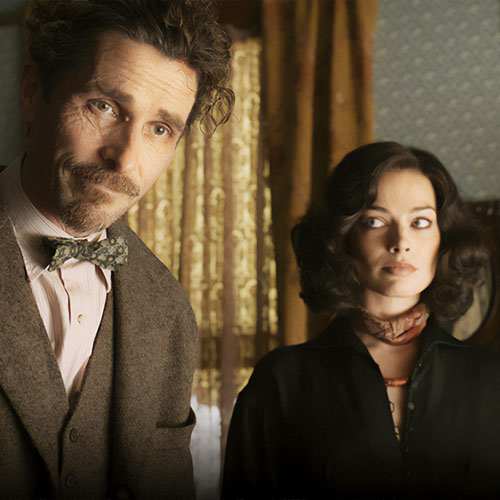The pure and utter laziness of the entertainment industry is laid bare by its increasingly low-effort adaptations and remakes — the latest of which is to cast Anne Boleyn with an actress of color in an upcoming three-part miniseries that seeks to retell the historical story as a so-called psychological thriller.
Casting a Black Anne Boleyn is Ludicrous
[Please NOTE that the opinions of the author in no way represent those of Penthouse itself. Editorials exist so that people may share their point of view freely — if not always particularly sanely. -Ed.]
Anne Boleyn dramatizes the final days of the short-lived former Queen of England’s life, while dodging historical accuracy in favor of scoring capital in the age of wokeness. Starring Jodie Turner-Smith, an actress of color, the series reframes the titular character’s plight in a new light. The production, which has already received widespread criticism on the internet, could be forgiven if the empty gesture was its only offense, but no one involved in its creation seems to have any historical understanding of Anne Boleyn.
According to its creators at Fable Pictures, “history has sidelined the voice of this ambitious queen in favor of the men who brought her down, and … [director] Lynsey Miller’s beautiful, intimate vision will put Anne’s gaze at the heart of the piece.”
However, the reasons for Boleyn’s downfall are well-known as being a subject of debate among historians. Her femininity and supposed attempts to be considered an equal among men are the least credible reasons — not to mention the casting detracts from the actual historical figure.
In the age of social justice, diversity is all the rage, and the creators of Anne Boleyn are clearly seeking to cash in on capital afforded to other efforts at performative wokeness.
Simply put, the series seeks to make bank on controversy already created by the stunt-casting, instead of promoting the show on its own merits.
Critiques of Anne Boleyn should not focus on the capabilities of the actress, but rather the studio’s tokenization of her. The studio’s use of stunt-casting effectively blunts criticism of the actual product, which they can simply decry as a result of “privilege,” just as Ghostbusters in 2016 avoided negative reviews by defaming its critics as sexists due to its all-female casting of the lead roles.
If Anne Boleyn weren’t a historical figure, it would be within the creators’ liberties to cast the character however they pleased. Cross-ethnic casting can be done right, as we’ve seen with Marvel selecting Zendaya to portray MJ in Spider-Man: Homecoming and Disney tapping Halle Bailey to play Ariel in The Little Mermaid.
However, Fable’s casting of Anne Boleyn is reminiscent of memes mocking an imaginary Martin Luther King Jr. movie with Ryan Gosling as the Black civil rights activist. It’s that much of a joke.
The issue isn’t with the actress, but with the absurdity of casting a performer of color in a period piece about a well-known, and well-documented, part of British history.
The effort is a cheap and easy way to drum up controversy and free attention for an otherwise unremarkable show. Had the actress been cast according to her historical analog, no one would even care.
As for Jodie Turner-Smith, she may produce an outstanding performance; it remains to be seen how well she fills the role — despite the obvious tokenization.
In general, the film industry has shown a failure to engage with African, Asian and South American history. It goes without saying that it’s easier to produce a retelling of well-worn European history than it is to champion a new story or adapt one that hasn’t been done before, but what kind of message does this send to audiences? That every place outside of Europe is uninteresting? That these diverse cultures — the ones they claim to celebrate — aren’t worth exploring? With so much material to choose from, and with an enormous budget to work with, there’s simply no excuse.
[We hate to keep popping in and interrupting the frantic championing of White History here, but it would be ok for folks to understand that in Shakespeare’s time, all the female rolls were playing by men on stage, and for about the first 100+ years of moving pictures in general, white people played 99% of everything on the screen. Have you ever seen a “picture” of Jesus? Have you ever looked up Nazareth on a map? … We’ll leave that debate alone for now, but do remember it could be “possible” that the producers of the series hired a talented actress to interpret the role of Anne Boleyn, not one merely to represent the character. Just sayin’. -Ed.]
With a little bit of effort and creativity, the film industry can provide representation for historically marginalized groups. It only has to try.






















